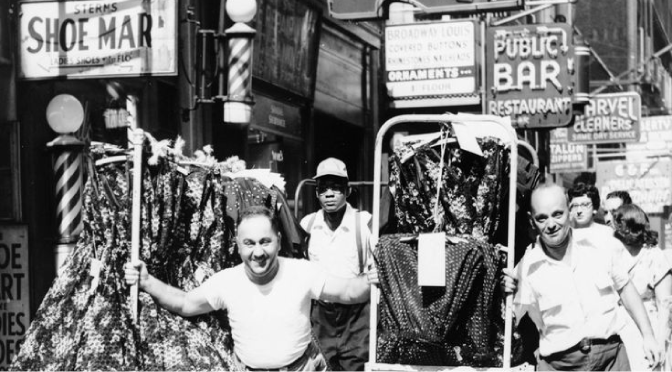On a recent visit to New York City, I decided to explore the famous lower East side, where shopkeepers display their wares out-of-doors and haggle with their customers about price in old-world style. Passing a haberdashery on Delancey Street, I stopped to look at a car coat that I thought might suit my husband, and then walked on. The proprietor of the store, a bright-eyed, bearded old gentleman, ran after me. “That’s a lovely coat, a real value,” he urged. “Such a coat, only thirty dollars, you should certainly buy.”
I shook my head and walked on. He followed me, lowering the price to twenty-five, then twenty, and finally fifteen dollars. At that price I just couldn’t resist buying it.
My husband was delighted with the coat. My son liked it too. So did
my brother-in-law and a couple of neighbors. The next time I went to New York, I decided to buy a few more. But I wanted them at the same bargain price. I knew that this time the proprietor would sense my interest, making him much harder to deal with. During the trip, I rehearsed bargaining techniques. I would be disinterested, casual, cool, poker-faced.
At the store, instead of the old man, a young, bored-looking fellow lounged in the doorway. “Where’s the old gentleman?” I asked.
“My father? He’s home today. Can I help you?”
My heart sank. This bored young sophisticate would be a lot tougher than the sweet old man. But I took a deep breath and plunged in.
“How nuch is that car coat?” I asked.
“Fifteen bucks,” he replied promptly.
I opened my mouth and shut it again. “I’ll take four,” I said meekly.



